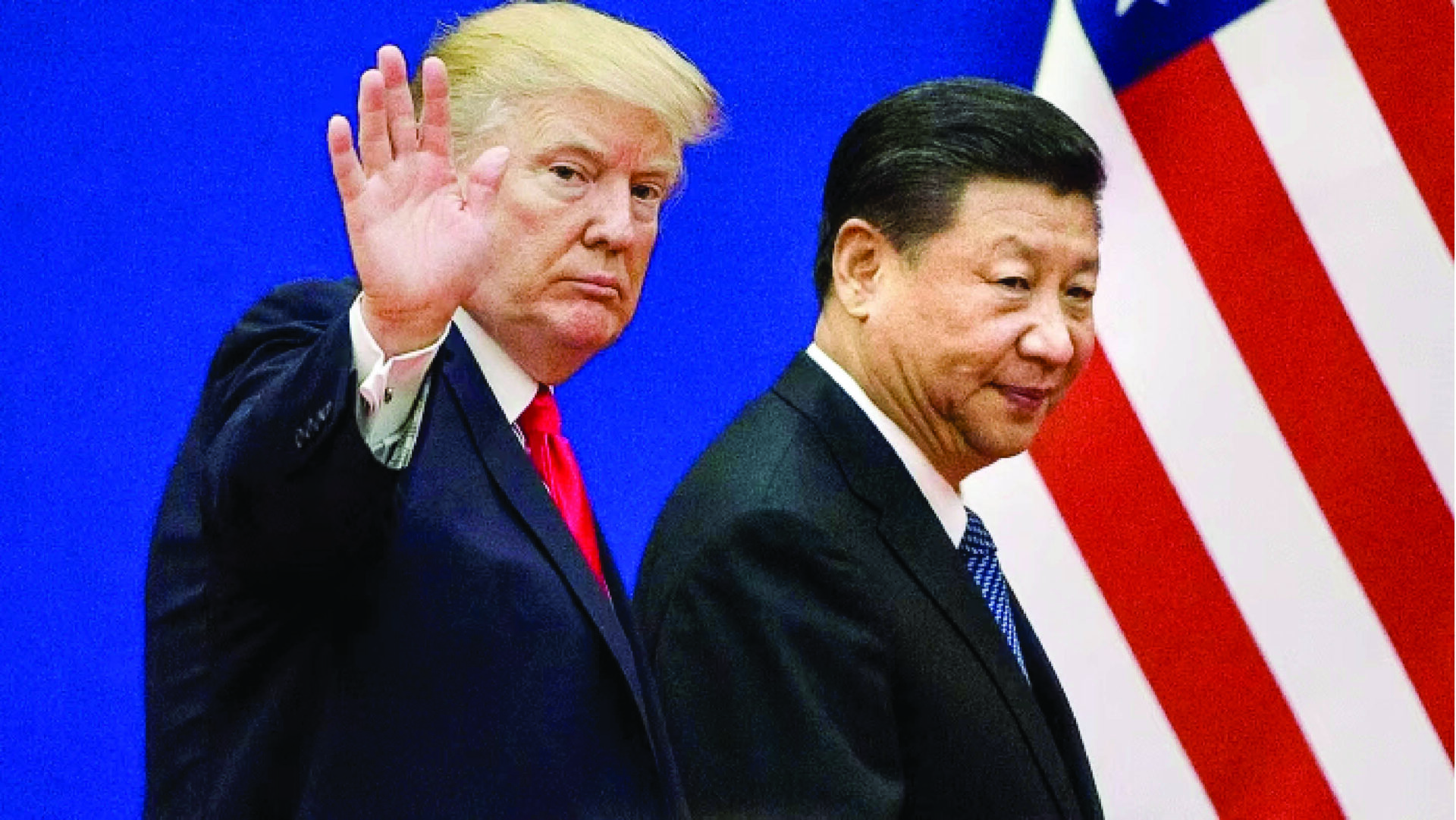Trump’s unpredictable approach keeps China guessing and potentially deters aggressive actions.
In the realm of U.S.-China relations, the contrast between Donald Trump and Joe Biden’s approaches is stark. As Trump takes charge in his second term, his policies promise a more aggressive stance on China, which could potentially yield stronger results than Biden’s more measured approach.
Trump’s economic policies towards China have always been characterized by a hardline approach. During his first term, he imposed significant tariffs on Chinese goods, igniting a trade war that aimed to protect American manufacturing and reduce the trade deficit. In his second term, Trump has vowed to increase tariffs even further, up to 60% on all Chinese imports. This aggressive tariff strategy is designed to pressure China into fairer trade practices and protect American jobs, a stark contrast to Biden’s continuation of existing tariffs without significant escalation.
Trump’s administration has been vocal about the threats posed by Chinese economic espionage and technology theft. He has proposed
One of the most contentious issues in U.S.-China relations is Taiwan. Trump has taken a firm stance, suggesting that Taiwan should pay for its defence while simultaneously increasing military sales and diplomatic engagement with Taipei. This unpredictable approach keeps China guessing and potentially deters aggressive actions. Biden, on the other hand, has maintained a consistent but less provocative support for Taiwan, focusing on strategic partnerships and alliances.
Trump’s administration has not shied away from confronting China on human rights issues, including the treatment of Uyghurs in Xinjiang and the suppression of democracy in Hong Kong. By imposing sanctions and publicly condemning these actions, Trump has positioned the U.S. as a staunch defender of human rights. Biden also addressed these issues but had often been criticized for not taking as strong a stance, opting instead for diplomatic pressure and multilateral efforts.
While both Trump and Biden recognize the challenges posed by China, Trump’s more confrontational and unilateral approach may prove to be stronger in terms of immediate impact. His willingness to escalate economic measures, impose strict regulations, and take bold stances on national security issues sets him apart from Biden’s more cautious and collaborative strategy. As Trump steps into his second term, his policies could potentially reshape U.S.-China relations in a way that asserts American strength and protects national interests more aggressively.
* The Dalai Lama’s nephew, Khedroob Thondup is a geopolitical analyst.

